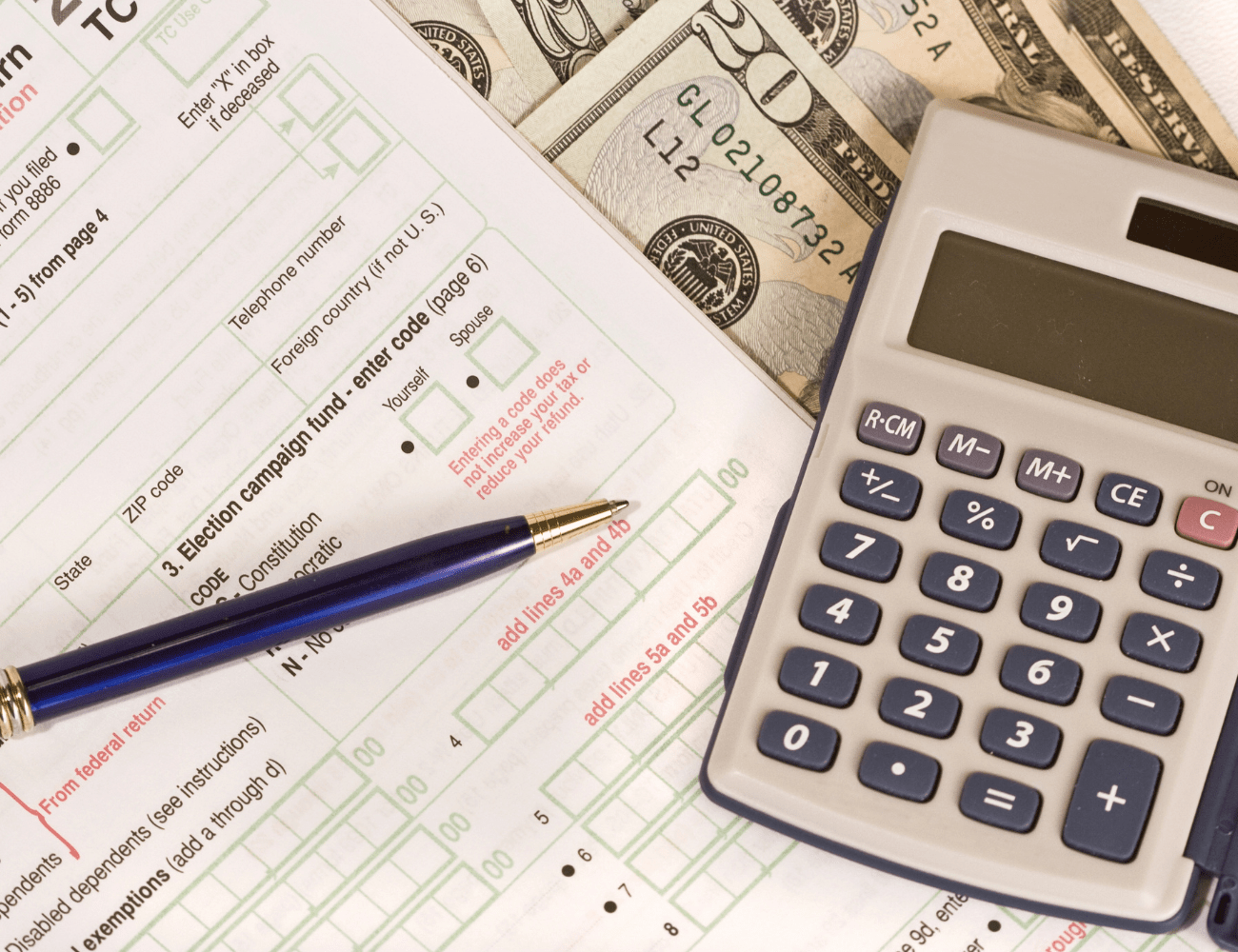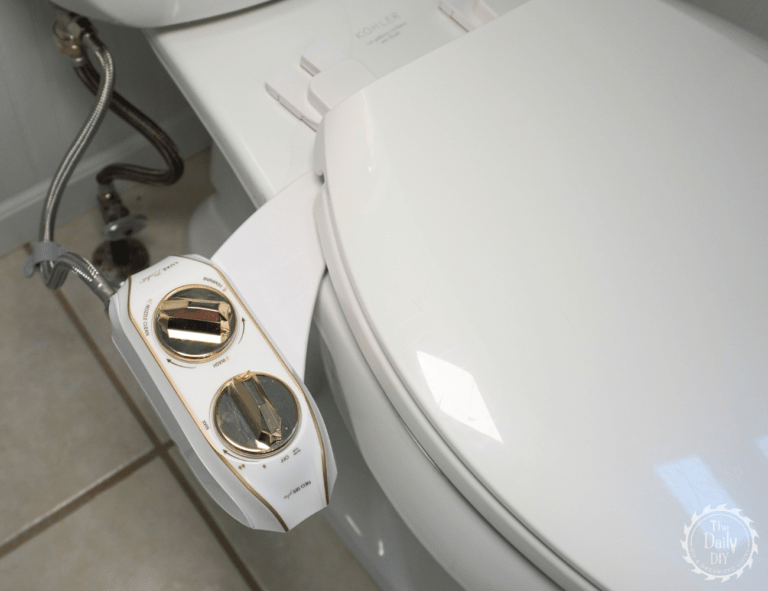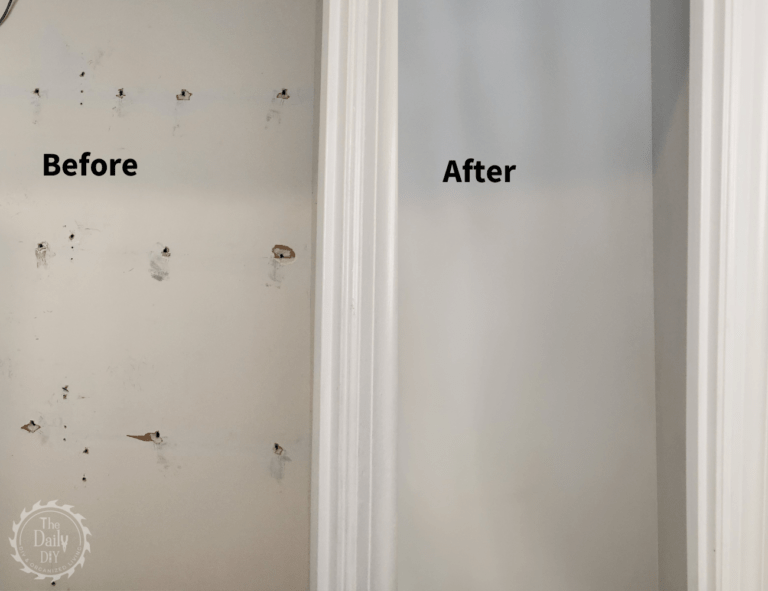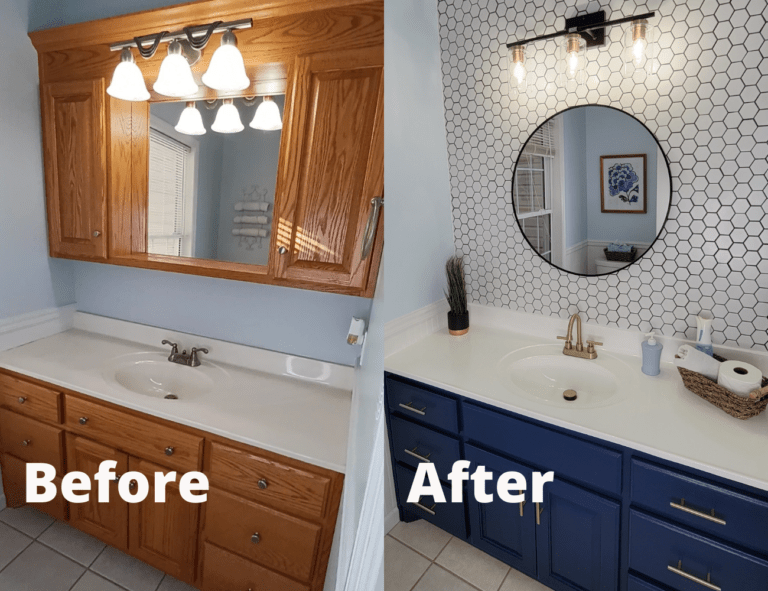Tax Deductible Home Improvements 2024: Are Your Upgrades Saving You Money?
When is the best time to tackle home upgrades? When they qualify as tax deductible home improvements! The IRS offers several opportunities to reduce your tax bill through home improvement projects, whether you’re doing the work yourself or hiring professionals. Let’s explore how these improvements can save you money on taxes while increasing the value or efficiency of your home.
Disclaimer: I am not a CPA or tax advisor. This article is for informational purposes only, and you should consult with a licensed tax professional to determine your eligibility for deductions.
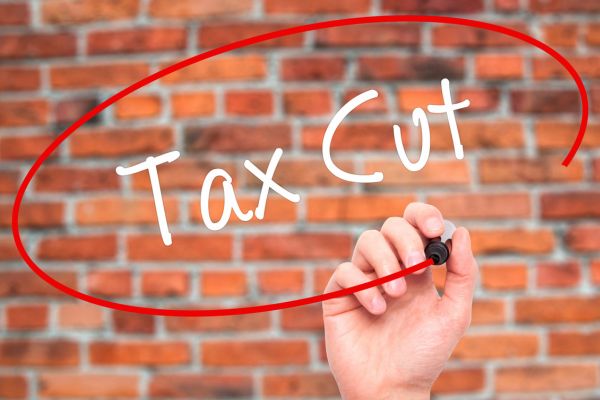
Understanding Tax Deductible Home Improvements
Not all home upgrades qualify as tax deductible. Generally, improvements that increase your home’s value, enhance energy efficiency, or meet specific medical needs might offer tax benefits. These benefits can be claimed through various IRS provisions, depending on the type of project.
Let’s dive into some common categories of tax deductible home improvements that might help you save come tax season.
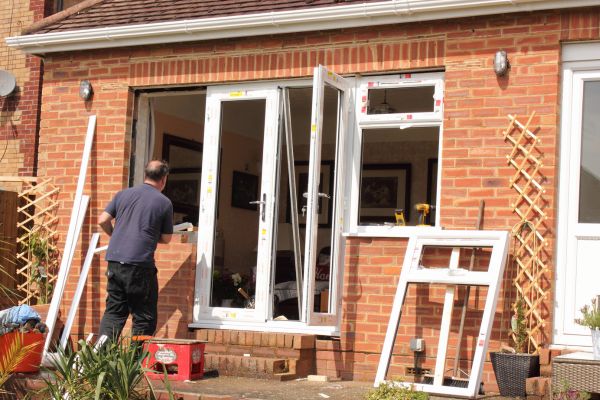
1. Energy-Efficient Upgrades
Energy efficiency improvements not only reduce your utility bills but may also qualify for federal tax credits. For 2024, the IRS provides two key energy credits:
Energy Efficient Home Improvement Credit
This credit applies to upgrades like:
- ENERGY STAR-certified windows and doors
- Insulation
- High-efficiency heating and cooling systems
Homeowners can claim 30% of the cost of qualifying projects, up to annual limits. Check out EnergyStar.gov for a list of eligible improvements.
Residential Clean Energy Credit
This credit is available for renewable energy installations, including:
- Solar panels
- Geothermal heat pumps
- Small wind turbines
These credits remain in place until 2032, with step-downs in value beginning in 2033.
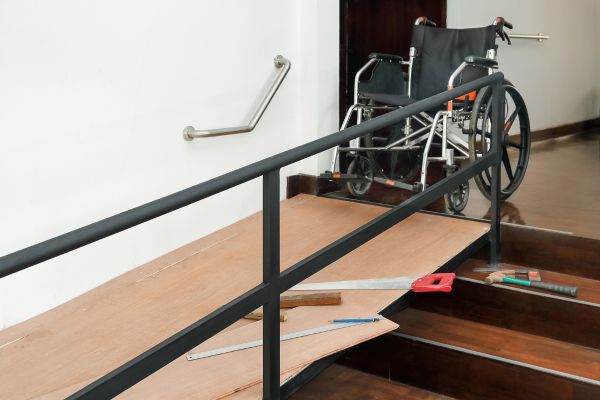
2. Medical-Related Home Modifications
Certain home improvements made for medical reasons may also be deductible. These modifications must be for you, your spouse, or dependents, and the purpose must be to provide medical care or make your home more accessible. Examples include:
- Adding a wheelchair ramp
- Installing grab bars or handrails
- Widening doorways
If these upgrades do not increase the value of your home, you may deduct the full cost. If they do increase value, you can deduct the portion of the expense that exceeds the added value.
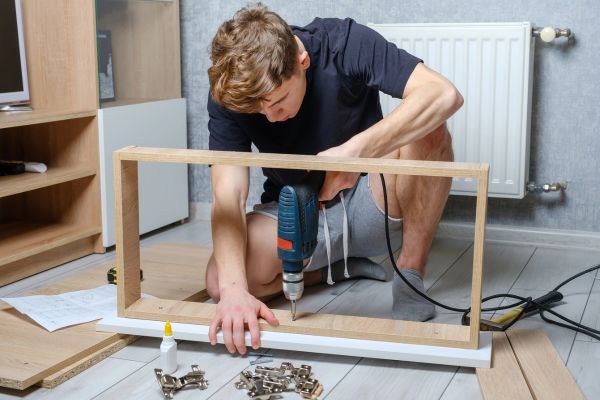
3. Home Office Improvements
If you run a business from home, some improvements might qualify under the home office deduction. This deduction is available for homeowners and renters but only applies to self-employed individuals.
- Exclusive Business Use: If the improvement benefits only your home office, you can deduct the full expense.
- Shared Spaces: If the improvement benefits your entire home (e.g., a new roof), you can deduct a percentage based on the square footage of your home office.
To learn more about qualifying for this deduction, visit the IRS Home Office Deduction page.

4. Home Improvement Loans
Interest paid on certain home improvement loans may also be deductible. For example:
- Home equity loans
- Home equity lines of credit (HELOCs)
- Second mortgages
To qualify, the loan must be secured by your home and used to “substantially improve” the property. Always consult your lender and tax advisor to confirm eligibility under current tax laws.
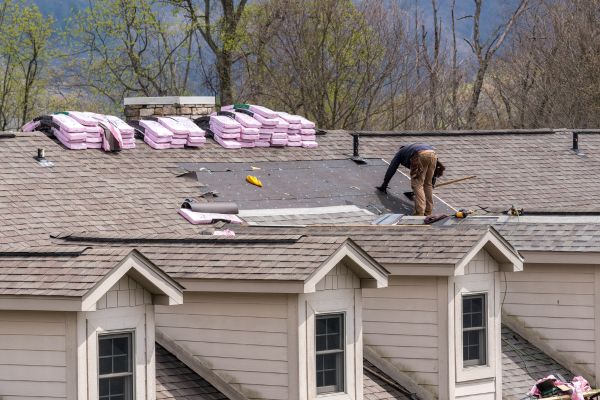
5. Capital Improvements for Future Tax Benefits
While many improvements do not provide immediate tax deductions, they may reduce your taxable gain when you sell your home. Capital improvements include projects that add value, prolong the home’s life, or adapt it for new uses, such as:
- Adding a new roof
- Installing a deck
- Remodeling a kitchen or bathroom
Keep detailed records and receipts of these expenses, as they can be added to your home’s cost basis to lower your tax liability when you sell.
Are Home Upgrades Tax Deductible for You?
The answer depends on the type of improvement and your personal circumstances. Can you write off home improvements? Yes, but the key is understanding the rules and consulting with a tax professional. Whether you’re installing energy-efficient windows, creating a home office, or making accessibility modifications, there are opportunities to reduce your tax burden.
By planning strategically and keeping thorough records, you can maximize the benefits of tax deductible home improvements while enjoying the upgrades in your home.
For a list of annual home maintenance items you should be doing, check out the Complete Maintenance Checklist to get your free, printable copy.

